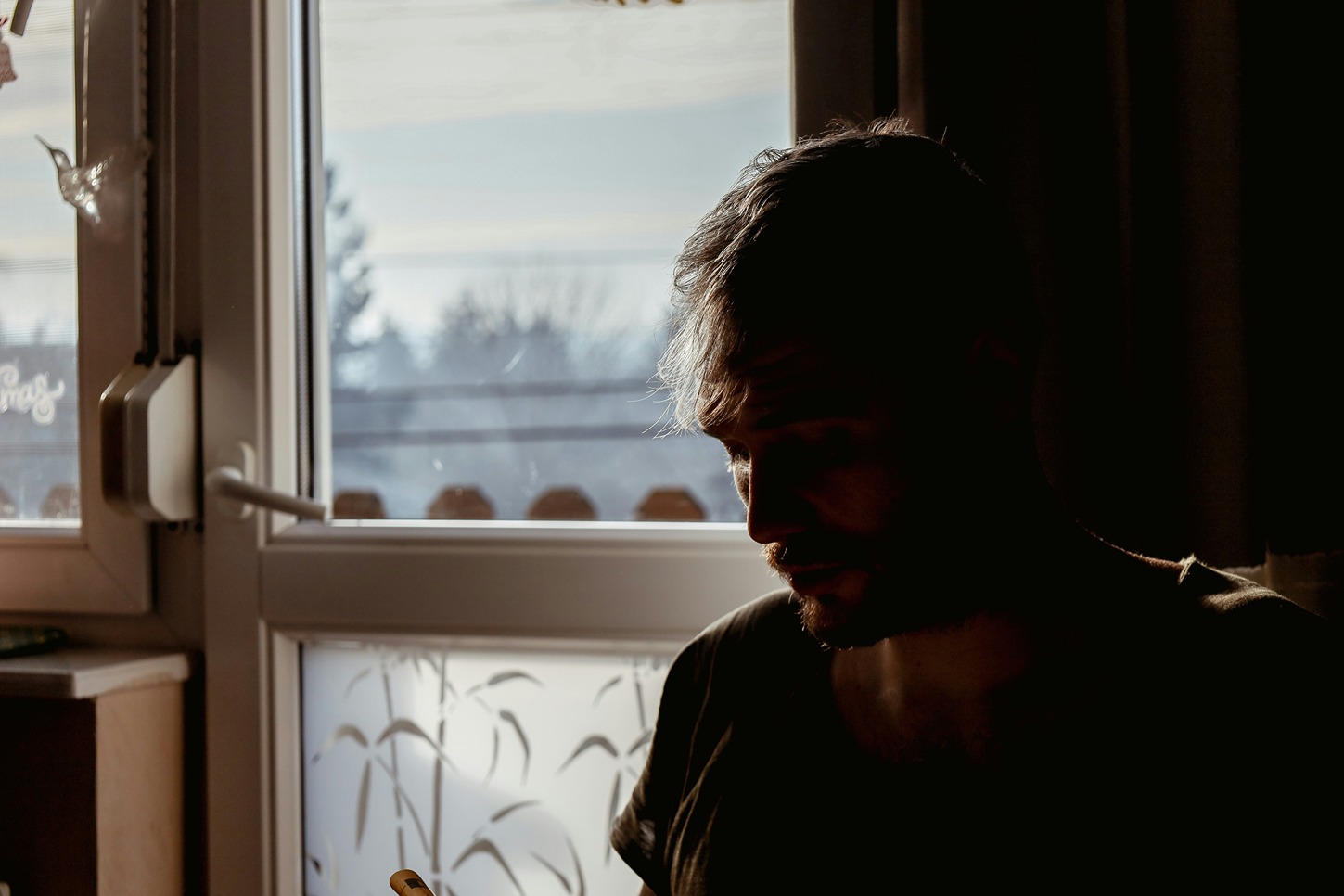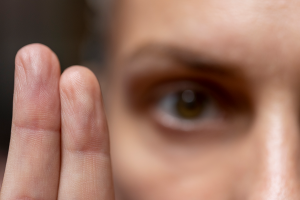It’s natural to feel shaken after a distressing experience, but how do you know if you’re dealing with Post-Traumatic Stress Disorder (PTSD)? In this blog, we’ll explore the signs, symptoms, and when to seek help if you think you might have PTSD.
PTSD can arise after facing life-threatening or deeply distressing situations such as accidents or natural disasters, physical or sexual assault, military combat, the sudden death of a loved one, childhood abuse, or exposure to violence. While it’s common to experience fear, shock, or anxiety after trauma, these feelings generally subside over time.
For individuals with PTSD, however, these emotions can persist and intensify, disrupting their daily lives long after the traumatic event has ended. PTSD can develop shortly after a traumatic event, but for some, it might take months or even years for symptoms to appear. This is known as delayed-onset PTSD.
Symptoms of PTSD
PTSD manifests in a variety of ways, and not everyone will experience it the same. Here are some key symptoms to look out for:
Intrusive Memories
- Flashbacks: Reliving the traumatic event as if it’s happening again.
- Nightmares: Frequent distressing dreams about the event.
- Unwanted thoughts: Intrusive and upsetting memories that occur without warning.
Avoidance
- Avoiding places, people, or activities that remind you of the trauma.
- Trying to suppress or block out thoughts or conversations related to the event.
- Feeling detached or numb to emotions, or isolating yourself from others.
Negative Changes in Thinking and Mood
- Persistent negative thoughts about yourself or the world (e.g., “I can’t trust anyone” or “The world is unsafe”).
- Feelings of hopelessness, guilt, or shame.
- Loss of interest in activities you once enjoyed.
- Difficulty experiencing positive emotions like happiness or love.
- Trouble remembering key details of the traumatic event.
Heightened Arousal or Reactivity
- Being easily startled or feeling on edge all the time.
- Trouble sleeping or experiencing insomnia.
- Irritability or angry outbursts.
- Difficulty concentrating or focusing.
- Engaging in self-destructive behavior, such as substance abuse.
Do I Have PTSD?
Here are a few questions to ask yourself if you’re concerned about PTSD:
- Do you often have nightmares or flashbacks about the trauma
- Do you find yourself avoiding things or people that remind you of the event?
- Do you feel constantly on guard or jumpy, even when there’s no danger?
- Are you having trouble sleeping, concentrating, or controlling your anger?
- Do you feel disconnected from people, even those close to you?
If you answered “yes” to several of these questions and the symptoms have been persistent for a month or longer, it may be worth considering a professional evaluation for PTSD. If you suspect that you have PTSD, reaching out to a mental health professional is an important step. PTSD is a serious but treatable condition. Early intervention can make a significant difference in managing symptoms and improving your quality of life.
How Can A PTSD Therapist Help?
A therapist or counselor will typically ask about your symptoms, the trauma you experienced, and how it affects your daily life. They may use diagnostic tools, such as the DSM-5 criteria or screener surveys, to determine whether your symptoms meet the threshold for PTSD.
Recognizing the signs of PTSD is the first step toward healing. If you think you might have PTSD, it’s important to know that you’re not alone, and help is available. Seeking professional support like therapy can provide the tools and therapies needed to reclaim your life from the effects of trauma. Consider reaching out to a mental health professional who can guide you on the road to recovery. There is hope for healing, and with the right support, it is possible to feel safe, empowered, and in control again.
Our PTSD therapists at BATT are here to help. Contact us to book an appointment or learn more about our services.







